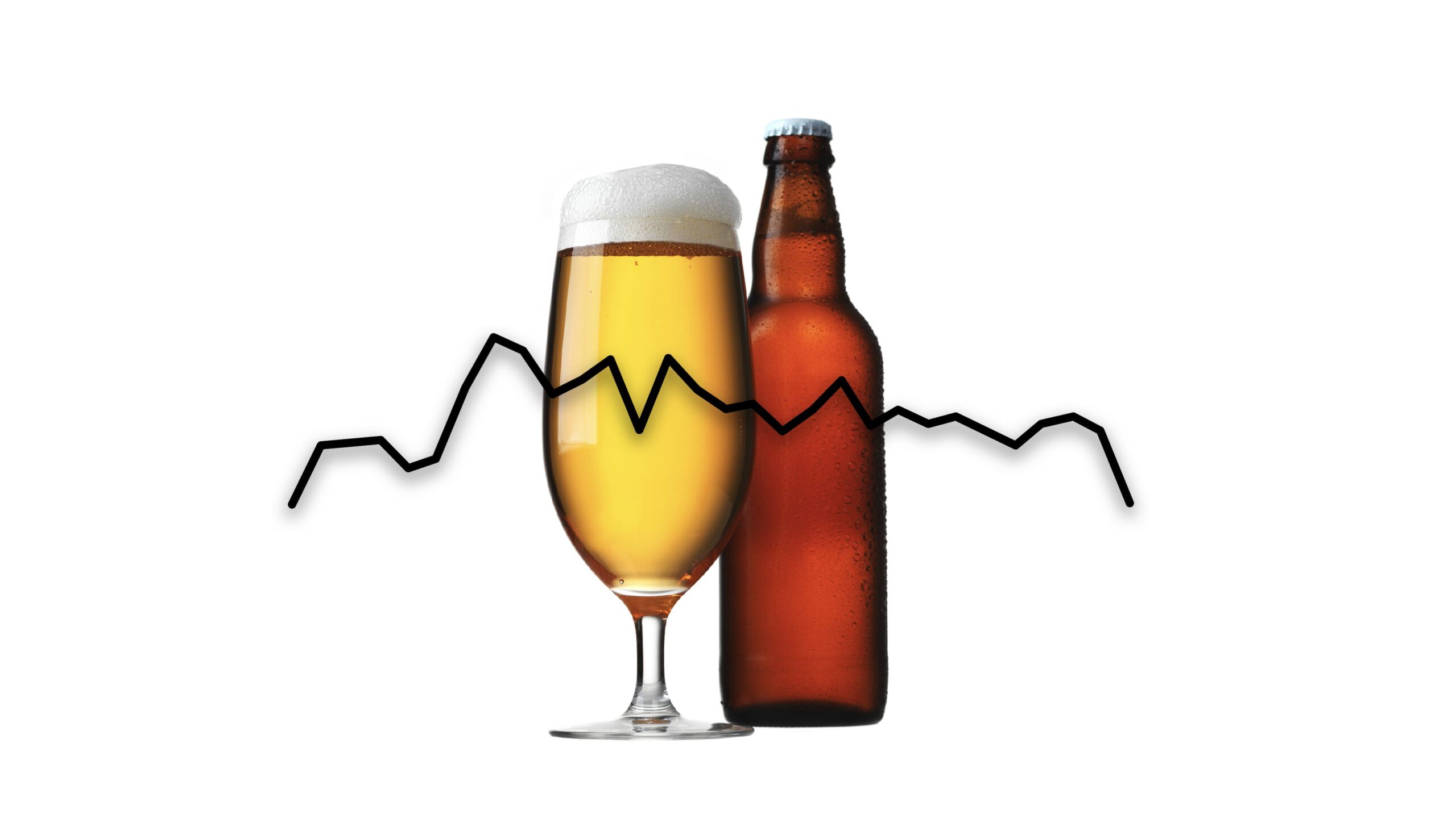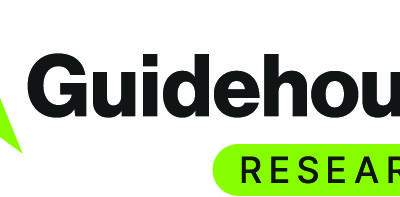Health
Americans Cut Back on Alcohol Consumption, Poll Shows

Recent data indicates a significant decline in alcohol consumption among Americans. As of 2025, only 54% of adults report consuming alcoholic beverages, marking the lowest percentage recorded in nearly 90 years of Gallup polling. This trend highlights a notable change from previous decades, particularly the peak consumption rate of 71% between 1976 and 1978.
Health Concerns Drive Shift in Drinking Habits
The Gallup poll, which has tracked drinking habits since 1939, revealed that the declining trend in alcohol consumption aligns with growing health concerns. Research from the National Institute on Alcohol Abuse and Alcoholism indicates that even moderate alcohol intake can pose health risks, including links to certain cancers and heart problems. In light of these findings, the World Health Organization stated in 2023 that “no level of alcohol consumption is safe for our health.”
Gallup’s findings, released on August 13, show a shift in public perception regarding alcohol. More than half of respondents now believe that drinking is detrimental to health, an increase from 45% in 2024. Only 6% of those surveyed consider drinking beneficial to health.
Demographics of Changing Attitudes
Young adults, particularly those aged 18 to 34, are leading this shift in attitudes. Approximately 66% of individuals in this age group view drinking negatively. The sentiment is also shared by 50% of respondents aged 35 to 44, and 48% of those aged 55 and older. The survey also indicates that women are more likely than men to associate moderate drinking with health risks, with 60% of women supporting this view compared to 47% of men.
The definitions of moderate drinking vary among health organizations. According to the Mayo Clinic, moderate consumption is defined as up to one drink per day for women and two drinks per day for men. Examples of one drink include a standard glass of wine or a beer.
The survey data is based on phone interviews conducted by ReconMR from July 7 to 21, involving a random sample of 1,002 adults aged 18 and older across all 50 U.S. states and the District of Columbia. The margin of sampling error for the total sample is ±4 percentage points at the 95% confidence level. For the subset of 583 adults who drink alcohol, the margin of error is ±5 percentage points.
As American attitudes toward alcohol continue to evolve, the implications for public health and social norms could be significant. This shift reflects a broader awareness of the potential health risks associated with alcohol consumption, prompting many to reconsider their drinking habits.
-

 Technology4 weeks ago
Technology4 weeks agoDiscover the Top 10 Calorie Counting Apps of 2025
-

 Lifestyle4 weeks ago
Lifestyle4 weeks agoBelton Family Reunites After Daughter Survives Hill Country Floods
-

 Education1 month ago
Education1 month agoWinter Park School’s Grade Drops to C, Parents Express Concerns
-

 Technology3 weeks ago
Technology3 weeks agoHarmonic Launches AI Chatbot App to Transform Mathematical Reasoning
-

 Technology2 weeks ago
Technology2 weeks agoDiscover How to Reverse Image Search Using ChatGPT Effortlessly
-

 Technology1 month ago
Technology1 month agoMeta Initiates $60B AI Data Center Expansion, Starting in Ohio
-

 Lifestyle1 month ago
Lifestyle1 month agoNew Restaurants Transform Minneapolis Dining Scene with Music and Flavor
-

 Technology1 month ago
Technology1 month agoByteDance Ventures into Mixed Reality with New Headset Development
-

 Technology4 weeks ago
Technology4 weeks agoMathieu van der Poel Withdraws from Tour de France Due to Pneumonia
-

 Technology1 month ago
Technology1 month agoRecovering a Suspended TikTok Account: A Step-by-Step Guide
-

 Technology1 month ago
Technology1 month agoGlobal Market for Air Quality Technologies to Hit $419 Billion by 2033
-

 Health1 month ago
Health1 month agoSudden Vision Loss: Warning Signs of Stroke and Dietary Solutions





















